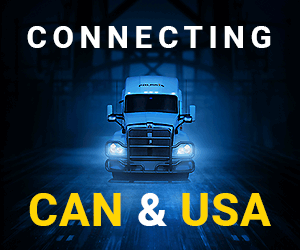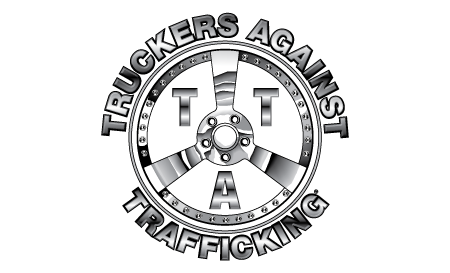TIA has received feedback from multiple Members recently about the State of New York cracking down on workers’ compensation rights for owner-operators, which is part of a larger effort by multiple states to crack down on employee misclassification. Since New York has been the topic of interest for our Members recently and a focal point of the State to crack down on misclassification, this article will focus on that State’s workers classification laws and how they apply to 3PLs.
Specifically, the State of New York requires New York-based employers to provide workers compensation, with the following allowable exceptions:
- If the business is owned by one individual and there are no employees, leased employees, borrowed employees, part-time employees, unpaid volunteers, or subcontractors.
- If the business is a partnership or corporation and has no employees (based on the above specifications).
- If the business is owned by one or two people, and those people own all stock and offices, and there are no additional employees.
Obviously, the above exemptions would include owner-operators based in the State of New York. With this being the case, you would need to look to the Commercial Goods Transportation Industry Fair Play Act which took effect on April 14, 2014. The statute specifically states:
“Under the Fair Play Act, a driver who possesses a state-issued driver’s license, and who transports goods in the state of New York while operating a commercial motor vehicle (as defined by law), is presumed to be the employee of a commercial goods transportation contractor (as defined by law) who compensates the driver.”
This definition places 3PLs and motor carriers who utilize owner-operators between a rock and a hard place in terms of compliance, but there are a few things you can do to protect yourself before action by the State is attempted.
TIA has prepared a guidance document for our Members to utilize and a “Certificate of Election” to have your motor carriers sign. TIA recommends that its members request certificates of workers compensation insurance from every carrier with whom they do business and put those certificates in the carrier’s file. Without a written certificate of exemption, however, these individuals retain the right to claim coverage. In the trucking industry, the result is that many owner-operators may not have workers compensation coverage but will file a claim if they are injured. The state will look to the contracting entity to cover the cost.
TIA’s position in such situations is that brokers are independent contractors who undertake to arrange transportation but do not take responsibility as carriers. Because brokers do not act as carriers, they do not and cannot subcontract their duties to motor carriers. Nevertheless, some states continue to try and argue that motor carriers are subcontractors to brokers. Further, that the brokers are liable for workers’ compensation claims not covered by the motor carrier because the brokers are prime contractors who are, in effect, employing the motor carrier as a subcontractor.
TIA additionally recommends that you all review your written contracts and evaluate actual day-to-day relationships with owner-operators for compliance with the applicable State laws. We highly recommend being proactive with this process, because after a claim has been filed in a State, the situation gets more complicated.
If you have any questions, please contact TIA Advocacy ([email protected]).













